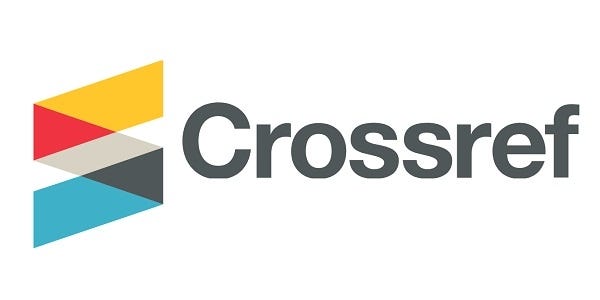547-32.54-057:543.33 Spectroscopic analysis of a sorbent based on urea, formalin, and succinic acid and its complexes with ions of Cu(II), Zn(II), Ni(II)
Spectroscopic analysis of a sorbent based on urea, formalin, and succinic acid and its complexes with ions of Cu(II), Zn(II), Ni(II)
DOI:
https://doi.org/10.61151/stjniet.v9i1.324Keywords:
sorbent,, urea,, formalin,, succinic acid,, asymmetric νas vibration,, symmetric valence vibrations,Abstract
Abstract.
Objective. As a universal solvent, water plays an important role in the existence of all living organisms. Its continuous circulation through the hydrological cycle is essential for maintaining ecosystem balance. Wastewater is distinguished by its pollution and poses a great threat to the environment and all forms of life. Therefore, before discharging polluted water, it is necessary to properly treat it to mitigate its harmful effects. In this work, the sorption of Fe(III), Cu(II), Cd(II), Pb(II) metal ions from separate solutions and mixtures of their components was studied using sorbents obtained from rice husks for wastewater treatment. It is shown that the absorption capacity of sorbents depends on their properties.
Methods. In the article, the synthesis of sorbent and the Raman spectra of sorbent obtained on the basis of urea, formalin and succinic acid (KFC) with some 3d-metals were studied. The results of Raman spectroscopic analysis of the metallocomplex formed by KFC sorbent with Cu(II), Zn(II) and Ni(II) ions were analyzed. The obtained spectrum results are presented on the basis of Fig. Absorption frequencies of KFC sorbent and its metallocomplexes for each field (group) were analyzed and included in the table.
Results. In this article, the sorption of Cd2+, Cu2+, Fe2+, Ni2+, Zn2+ ions by polysaccharide biosorbent was studied. The effect of pH on the distribution of metal cations in the heterophase system of an aqueous solution of metal sulfate and a sorbent containing cellulose was determined. The article describes the process of sorption of Cu(II), Ni(II), Fe(III), Cr(VI) ions from model aqueous solutions by production waste (knop) and knop after chemical modification with solutions of organic and mineral acids; sodium sulfide has been studied. In this work, the sorption of Fe(III), Cu(II), Cd(II), Pb(II) metal ions from separate solutions and mixtures of their components was studied using rice husk sorbents. It is shown that the absorption capacity of sorbents depends on their properties.
Conclusion. Absorption spectra of the sorbent based on urea, formalin and succinic acid (KFC) and its complexes with some 3d metals were studied by Raman spectroscopy (HORIBA Scientific). Raman spectroscopic analysis of metal complexes formed by Cu(II), Zn(II) and Ni(II) ions with KFC sorbent was performed. In this work, the adsorption of metal ions from aCueous solutions by wastes of the woodworking industry was studied under static conditions. The effect of particle size of aspen sawdust on the level of adsorption of Zn2+ and Fe2+, Fe3+ ions was determined.




